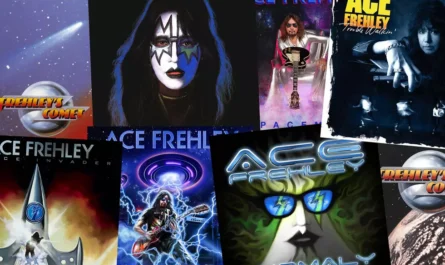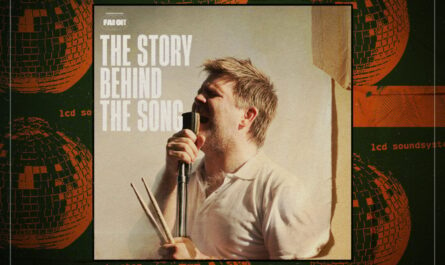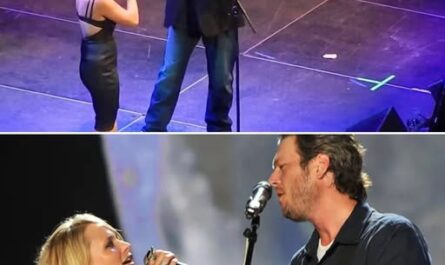The support act, 9Million, warmed the building with a balanced set that teetered between moodier backdrops and more rhythmic moments, setting the stage with just the right tension.
When Ethel Cain emerged, she did so in shadow: much of her presence felt obscured, stood behind a symbolic (telegraph pole) cross, bathed in silhouette and subtle backlight rather than overt showmanship. This approach allowed the songs—particularly new ones from Willoughby Tucker, I’ll Always Love You—to steadily unfold in their full emotional weight.
The lighting design was essential. It moved with the songs, flaring in bursts, drifting to amber or deep crimson hues, and delivering sudden jolts of strobe or angled beams at key moments. Occasionally, suspended greenery and branches overhead caught light and cast spindly shadows, reinforcing that sense of being inside a myth or a dream.
Vocally, Cain was in strong form. Her fragile, tremulous tones held firm over heavier instrumentation; she balanced softer passages and graveled textures with expressive control. The band behind her — guitar, bass, synths, ambient noise elements, backing vocals — navigated the tension between subtle and loud, sometimes drowning the room in drone before pulling it back to a fragile core.
New songs were layered into the set alongside fan favourites. “Dust Bowl” and “Tempest” stood out as emotional peaks: the former for the way its melodic structure opens up under pressure, the latter as a sprawling, meditative odyssey. In quieter moments, the audience leaned in; when drives surged, the room breathed and shook in unison.
One slight critique: in parts, transitions felt abrupt — between drone heavy segments and more accessible lyrical songs. Some listeners might have longed for smoother pacing. But those choices also mirrored Cain’s aesthetic of tension and release, so one could argue the roughness is intentional.
The Glasgow audience was deeply engaged, singing along in hushed reverence in the softer sections, then rising to applaud in bursts of energy all bought to climatic finale with crowd favourites “Crush” and “American Teenager”
Ethel Cain’s Glasgow show was not a crowd-pleaser in the typical pop sense — she didn’t come out dancing or chat between songs. Instead, she brought a controlled intensity. If you were willing to lean into the darkness, to absorb the tension, and to ride the emotional arcs, it paid off beautifully.
Not every moment landed perfectly, but many did. It was a reminder that Cain excels not by pandering, but by creating a space where her stories, voice, and textures resonate deeply. For fans of atmospheric, introspective music with a bite, this was a night to remember.





